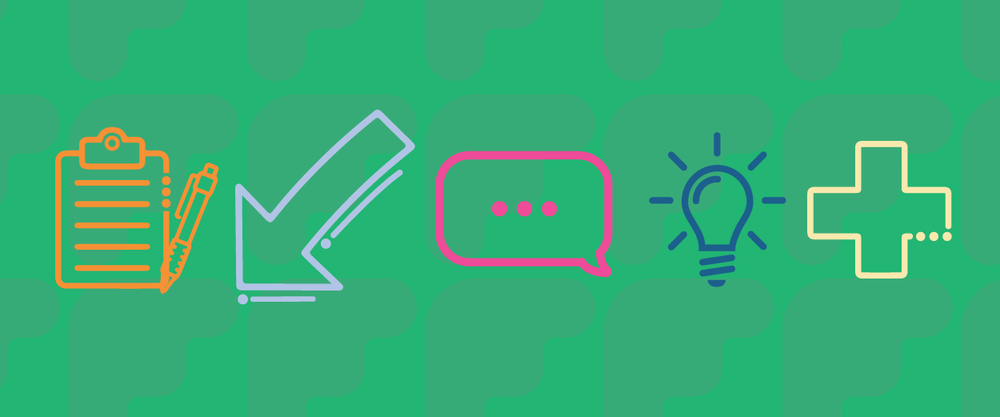
Health Care Transition for Teens and Young Adults

Preparing Teens for the Move to Adult Care | Healthcare and Community Settings | For Teens and Young Adults | For Families and Support Systems
As youth transition to adulthood, they must move from pediatric to adult healthcare providers, which can be overwhelming. However, with practice, planning, and support from family, friends, and healthcare professionals, the transition can be made easier. Take advantage of available resources until you feel ready to take charge of your healthcare. For more information, refer to the youth taking charge booklet.
S.T.E.P.S for Transition
Start Slow, Start Now! The time to begin this process is the present.
- Ask your current doctor about transition
- Begin learning about your health care as early as age 12
Talk with your parent/caregiver and physicians about transition
- Start asking questions of your family, doctors, and providers
- Try answering a few of your doctor’s questions on your own
- Make sure to get some alone time with your doctor or specialist
Educate yourself about the process, your conditions, what to expect, etc.
- Begin taking on more of your health care. For example, knowing your health condition, knowing your doctor/specialist's name, knowing the name of medications and how it makes you feel, remembering to take your medication, scheduling your appointments, etc.
- Know at age 18, legally you are an adult, and the rules of consent change
- Learn about health insurance and the changes that are possible when you reach adulthood
Plan and begin creating a transition plan for you to take charge.
- Plan for future health care such as shared decision-making, guardianship, adjustments to insurance providers, change in doctors/specialists, etc.
- Always keep your doctor’s phone number, insurance, and pharmacy information with you. Try using the health app or alternate medical apps on your phone.
- Use your smartphone as a resource to take charge and keep track of your health
Support is necessary for success in this process. You’re the captain, create your team!
- Make sure to identify your support team to help you through the transition. You do not have to do it alone!
- Let your physician and specialist know how the transition process has worked for you
- Join advisory groups to talk about your experience with healthcare transition
What you need to know:
Page last updated 5/23/2024